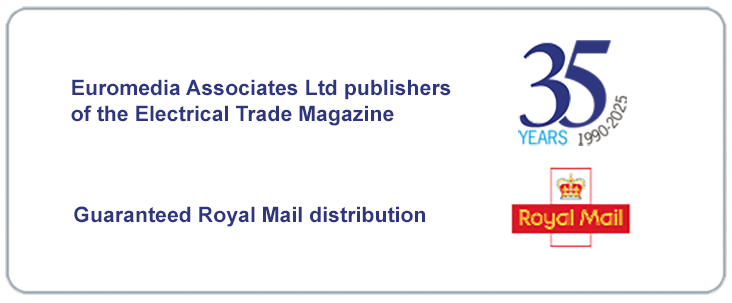Businesses Urged to Prepare for Making Tax Digital VAT Rollout

Guidance for VAT-Registered Businesses Prior to April 2019 MTD Requirement Businesses which are over the VAT threshold are being advised to prepare ahead of the Making Tax Digital VAT rollout, due on 1st April 2019. David Redfern, managing director of DSR Tax Claims, issued his guidance to affected businesses in order to assist them to prepare for the start of the mandatory requirement that VAT records be digitised for all businesses with a taxable turnover of £85,000, the current threshold for VAT registration. Businesses below the current threshold, who are currently registered for VAT, may choose to opt into Making Tax Digital (MTD) for VAT but are not legally obliged to. HMRC issued their VAT Notice 700/22 earlier this month, to provide businesses with further information regarding the MTD for VAT requirements which will make digital VAT returns mandatory for VAT periods beginning on or after the 1st April 2019. Redfern issued his guidance for businesses unsure of how this digital rollout will affect them. He commented, “All businesses with a taxable turnover greater than the VAT threshold will have to keep their VAT records digitally and send their VAT returns to HMRC using MTD-compatible software for VAT periods which begin on or after 1st April 2019. So, if your VAT accounting period runs from 1st March 2019 to 31st May 2019, your next VAT period beginning 1st June 2019 will need to be MTD-compatible”. He added that businesses which subsequently fall below the VAT threshold will continue to be required to send digital returns. However, certain exempt groups would be permitted to opt in or out of MTD by informing HMRC in writing. Exempt groups include those for whom digital VAT returns are not reasonably practical due to disability or remote location, as well as certain religious groups. Redfern warned businesses that they may still be required under law to keep non-digital VAT records, depending on the nature of their software and any legal requirements to preserve them in their original form. Redfern stated, “The future may be paperless but MTD won’t initially remove the requirement to keep any physical business records. Depending on the software and data recorded, it may still be necessary to retain a paper copy of the business record – for example, where only certain data is recorded from an invoice, you would still be required to retain a copy of that invoice for your business records because the software wouldn’t be recording all the data from the invoice. Where the software scanned and saved an image of the entire invoice, the business may not need to require a physical copy, though some records are required by law to be retained in their original form”. Additionally, Redfern cautioned businesses to consider their data backup arrangements carefully in order to ensure that vital financial data is not irretrievably lost in the event of technological failure. For businesses who were concerned about their digital preparations for the commencement of MTD for VAT, Redfern had some words of respite, noting that “HMRC have designated a certain ‘soft landing’ period to allow businesses to get all required digital links in place. This means that for the first 12 months of ‘mandation’, businesses won’t be required to have all their digital links fully operational so if your first affected VAT period begins on 1st April 2019, you will have until your first VAT return period on 1st April 2020 to ensure that all your links communicate automatically. This doesn’t mean that you don’t have to submit a digital VAT return though – it just means that you have a 12 month soft landing period to ensure that all of your digital links communicate with each other to eliminate any manual intervention”. Despite the soft landing period, Redfern urged businesses not to be complacent, stating that “The soft landing period doesn’t mean that you can relax about MTD – you may require that period to ensure that all your software functions together”.




